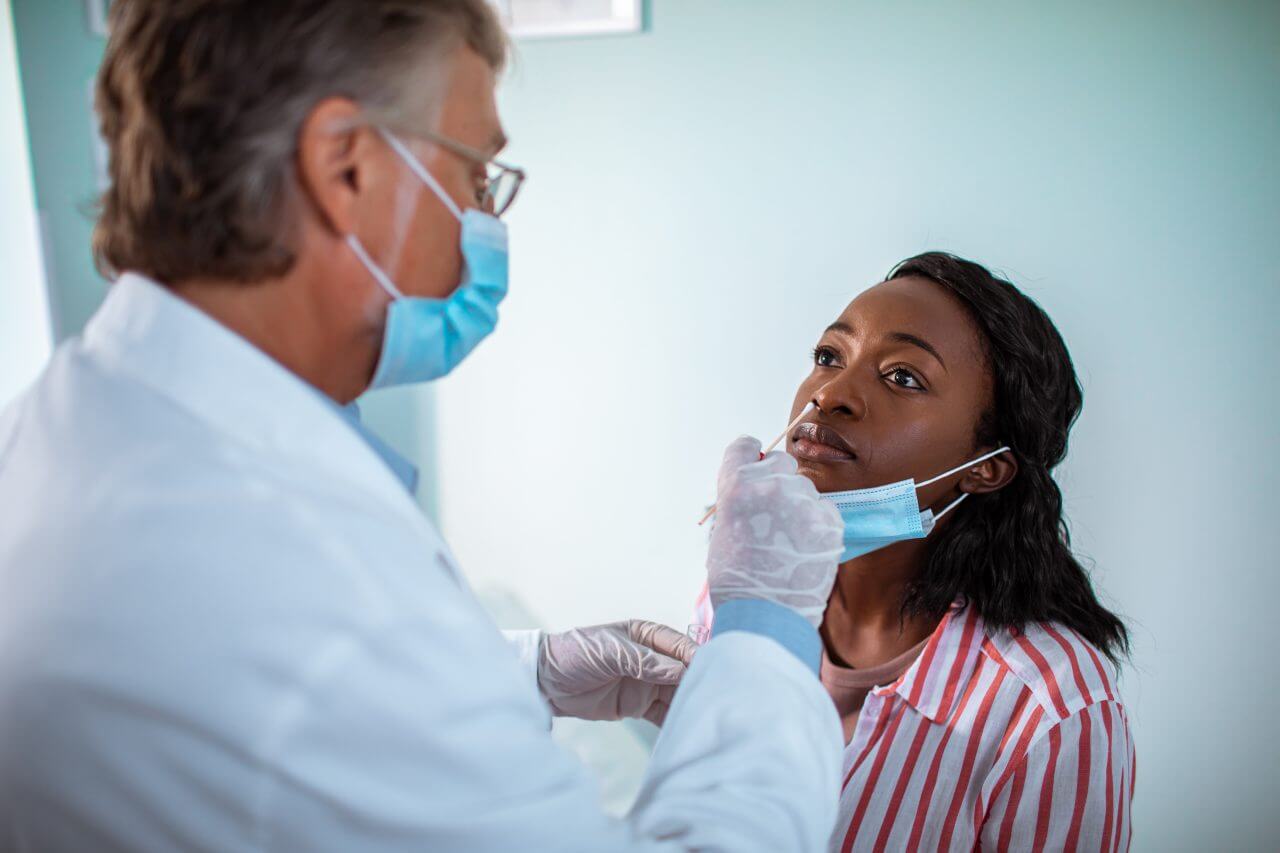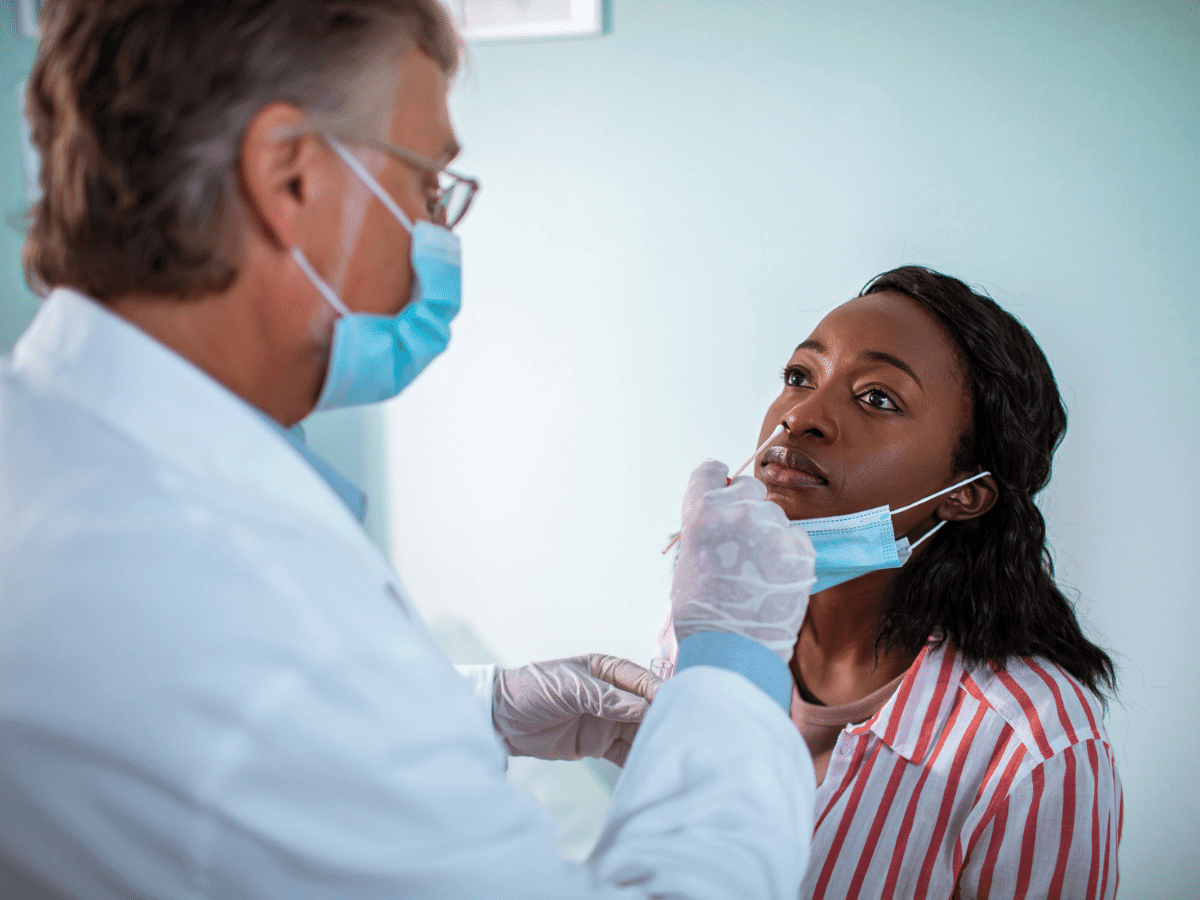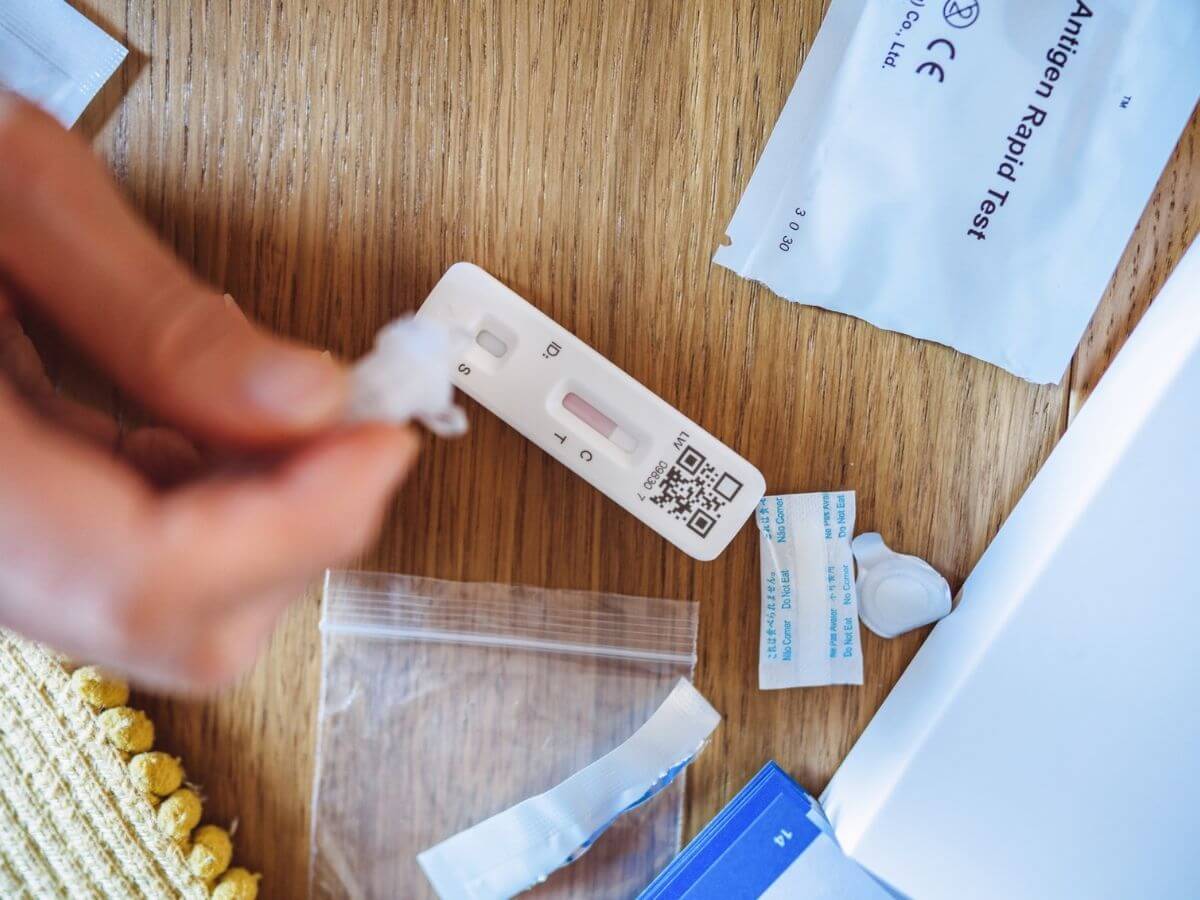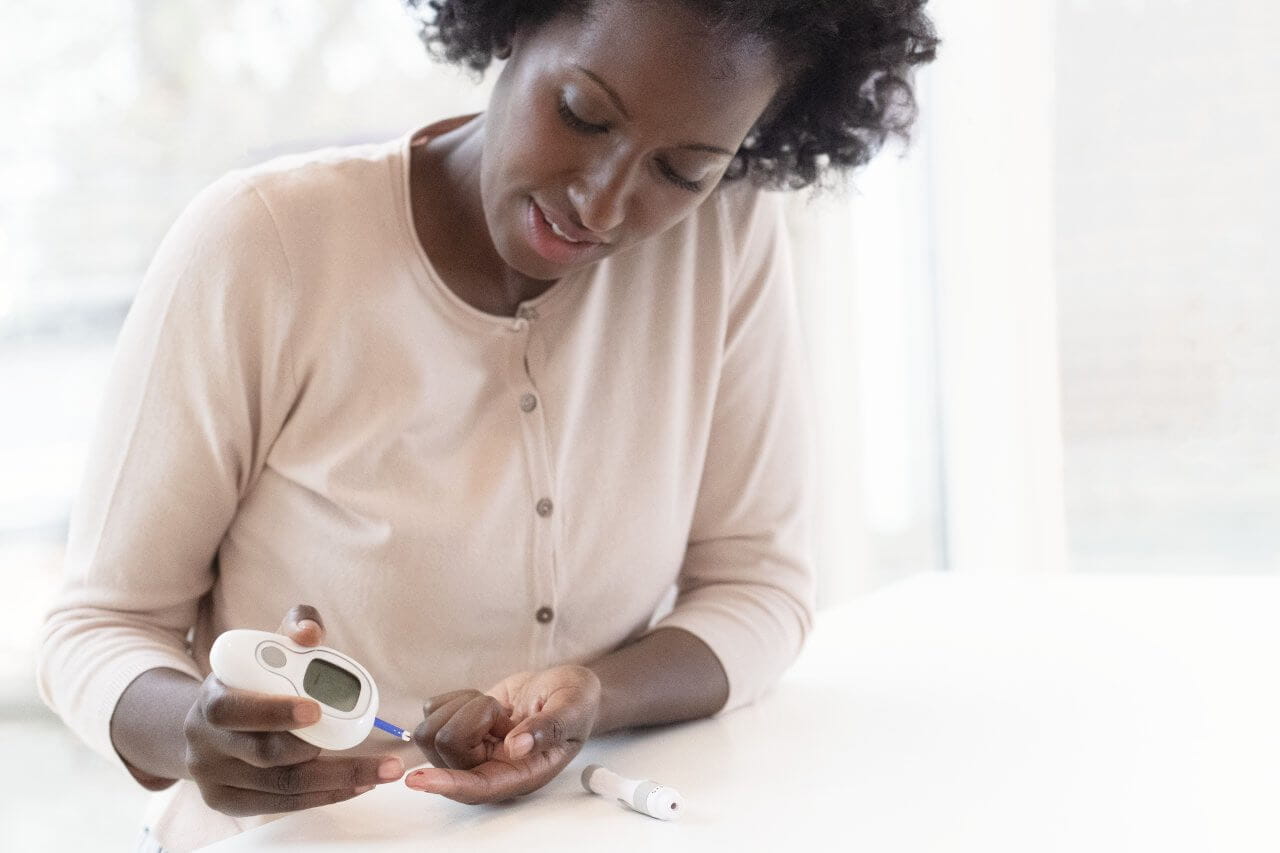COVID-19 Testing: Rapid vs. PCR Testing

The rates of COVID-19 cases across the country continue to rise. With the cold weather creeping in and flu season now in effect, there’s a good chance COVID-19 will be around until a safe and effective vaccine is released and widely distributed.
Rapid vs. PCR COVID-19 Tests
Individuals interested in being tested for COVID-19 often wonder which test is best—rapid or PCR? Many are seeking out rapid tests, causing patients to drive great distances, even crossing state lines to receive a diagnosis within 24 hours or less.
However, according to the Louisville Metro Health Department, rapid COVID-19 tests should be used by patients already showing symptoms of the virus. The accuracy of rapid COVID-19 tests is still uncertain.
Rapid tests are not as sensitive as PCR testing. A patient with COVID symptoms who tests negative with a rapid test should follow up with a PCR test for verification.
With the PCR COVID-19 test, patients can still expect to receive results between 12-72 hours. These tests tend to be more accurate based on detection of the virus’s genetic material from the patient swab.
According to the FDA, no test is 100% accurate all of the time.
To help stop the spread of COVID-19, it is important to get tested.
Subscribe to our newsletter so you’ll never miss important health and wellness news.
When Should I Get a COVID-19 Test?
According to CDC guidelines, you should be tested if:
- You have symptoms of COVID-19
- You have been in close contact (within 6 feet for a total of 15 minutes or more) with someone with confirmed COVID-19
- People who have been asked or referred to get testing by their healthcare provider, local or state health department
If you test positive, stay home, isolate yourself from other family members, and monitor your symptoms. Keep in touch with your doctor and seek care immediately if you have trouble breathing or experience persistent chest pain or pressure. Also, be sure to tell anyone you may have been in contact with that they may have been exposed to COVID.
How to Slow the Spread of COVID-19
To help slow the spread of COVID-19, take as many necessary precautions as possible.
1. Wear your mask appropriately making sure your nose and mouth stay covered.
2. Maintain social distancing inside and outside of your home; avoid close contact with people who are sick inside your home and keep at least 6 feet distance between yourself and others who do not live in your household.
3. Wash your hands often; it is especially important to wash before eating or touching your face, after blowing your nose, sneezing or coughing and after handling your mask. If soap and water are not easily accessible, use a hand sanitizer containing at least 60% alcohol, covering all surfaces of your hands.
4. Clean AND disinfect “high-touch” surfaces every day, including tables, doorknobs, countertops, phones, toilets and faucets. Use detergent or soap and water first to clean, and then use a household disinfectant to sanitize. Remember to also regularly clean your mask.
Learn More About Coronavirus (COVID-19) and Get Care From Baptist Health
Baptist Health will continue to provide resources to help keep you and your family safe during these unprecedented times. To learn more about coronavirus symptoms, prevention, and safety precautions, please visit Baptist Health’s COVID-19 Facts and Resources page.
If you’re experiencing COVID-19 symptoms, check them with our online assessment tool or find a testing site near you.
Useful Resources and Next Steps:



